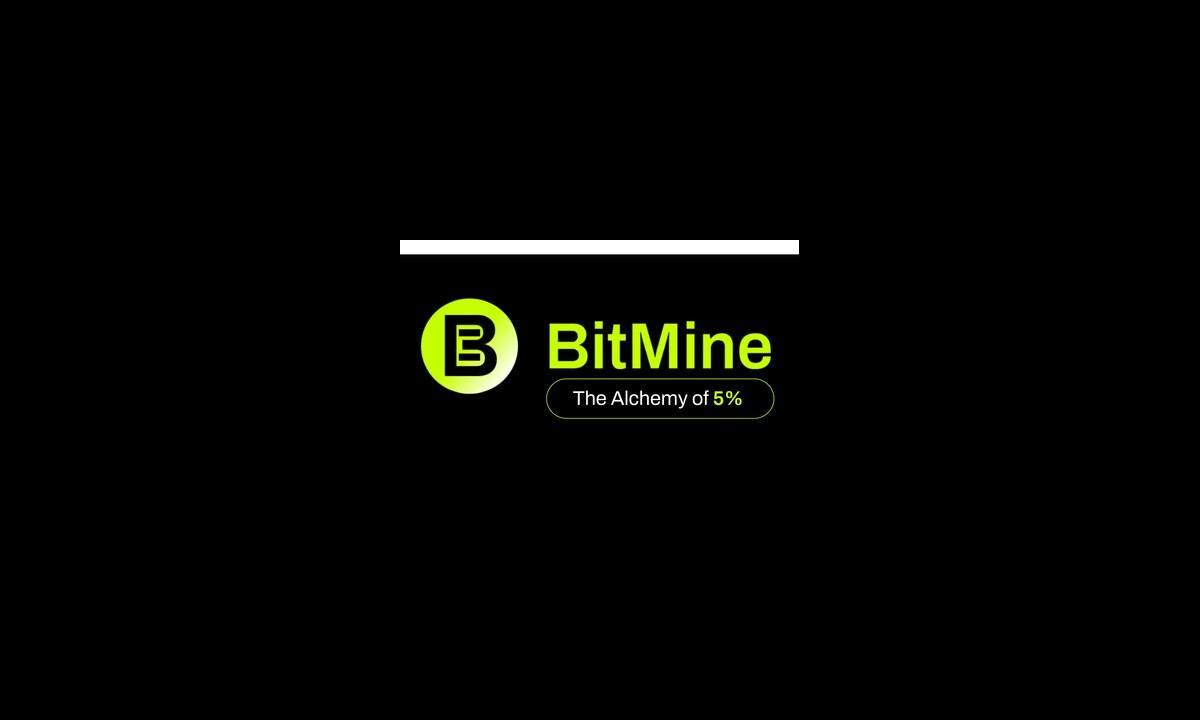In the world of cryptocurrencies and blockchain, scammers are individuals who engage in fraudulent activities with the primary goal of making money through illegal means. They exploit the decentralized and anonymous nature of the blockchain technology to trick people into revealing sensitive information or to steal their funds.
Scammers can take on various forms and use different tactics to deceive their victims. It’s important for newcomers to the blockchain space to be aware of these scams and learn how to identify and protect themselves against them.
One common type of scam in the blockchain world is the creation of fake decentralized finance (DeFi) projects. These scammers create websites and platforms that appear legitimate, promising high returns and innovative features. However, these projects are often built with the sole intention of stealing investors’ funds or personal information. It’s crucial to thoroughly research and verify the legitimacy of any DeFi project before investing your money.
Another way scammers target individuals is through the request for access to their cryptocurrency wallet’s private key. They may promise to send you cryptocurrency in return, but once they have access to your private key, they can easily drain your wallet. It’s important to remember that reputable projects and services will never ask for your private key, as it is meant to be kept confidential.
Let’s explore four primary ways in which individuals can become victims of scams in the cryptocurrency space:
- Impostor websites: Scammers create websites that closely resemble legitimate cryptocurrency exchanges or platforms. These websites often use similar designs, logos, and URLs to trick users into thinking they are accessing a reputable platform. However, once users input their login credentials or make a transaction, the scammers redirect them to a different platform entirely, stealing their sensitive information or funds. To protect yourself, always double-check the website URL, ensure the website has proper security measures (such as SSL encryption), and verify its authenticity through independent sources.
- Fake smartphone apps: Scammers create malicious smartphone apps that imitate popular cryptocurrency wallets or exchanges. These apps are often distributed through third-party websites or unofficial app stores, rather than official app stores like Google Play or the Apple App Store. Installing these apps can lead to the theft of your personal information or funds. To mitigate this risk, only download apps from official sources and read reviews and ratings from trusted users before installing any cryptocurrency-related applications.
- Illegitimate social media updates: Scammers compromise social media accounts of well-known figures or projects in the cryptocurrency space and use them to share false information or news. By impersonating trusted profiles, scammers can manipulate public sentiment, spread fake news, or promote fraudulent investment opportunities. Always verify the authenticity of news or updates through multiple trusted sources and official project channels before making any decisions based on social media posts.
- Fake emails: This is one of the most common and enduring types of scams. Scammers send emails that appear to be from reputable organizations or individuals, offering enticing opportunities or requesting personal information. These emails often use persuasive language and deceptive tactics to trick individuals into providing sensitive information or transferring funds. It’s important to be cautious with unsolicited emails and verify their authenticity by contacting the supposed sender through official channels. Never provide personal information or send funds in response to an email request without confirming its legitimacy.
Protecting yourself from scams in the blockchain world requires a combination of awareness, vigilance, and due diligence. Here are some additional tips to help you stay safe:
- Do thorough research: Before engaging with any cryptocurrency project or service, research its team, track record, community, and reviews. Look for red flags such as lack of transparency, excessive hype, or negative user experiences. Trusted sources include official project websites, forums, and reputable cryptocurrency news outlets.
- Use hardware wallets: Consider using a hardware wallet, a physical device that securely stores your cryptocurrency private keys offline. This provides an additional layer of protection against hackers and malicious software.
- Keep software updated: Regularly update your operating system, web browsers, and antivirus software to ensure you have the latest security patches and protection against known vulnerabilities.
- Be cautious with personal information: Avoid sharing unnecessary personal information online or with unknown individuals or platforms. Be skeptical of requests for personal information and always verify the legitimacy of the request before providing any sensitive data.
- Stay informed about new scams: Scammers constantly adapt their tactics to exploit new vulnerabilities or trends in the blockchain industry. Stay informed by following reputable sources, participating in community discussions, and staying up to date with the latest security practices.
By understanding the tactics used by scammers and taking proactive measures to protect yourself, you can safely navigate the blockchain world and avoid falling victim to scams. Remember, the decentralized nature of blockchain technology provides numerous opportunities, but it also requires individuals to take responsibility for their own security.














